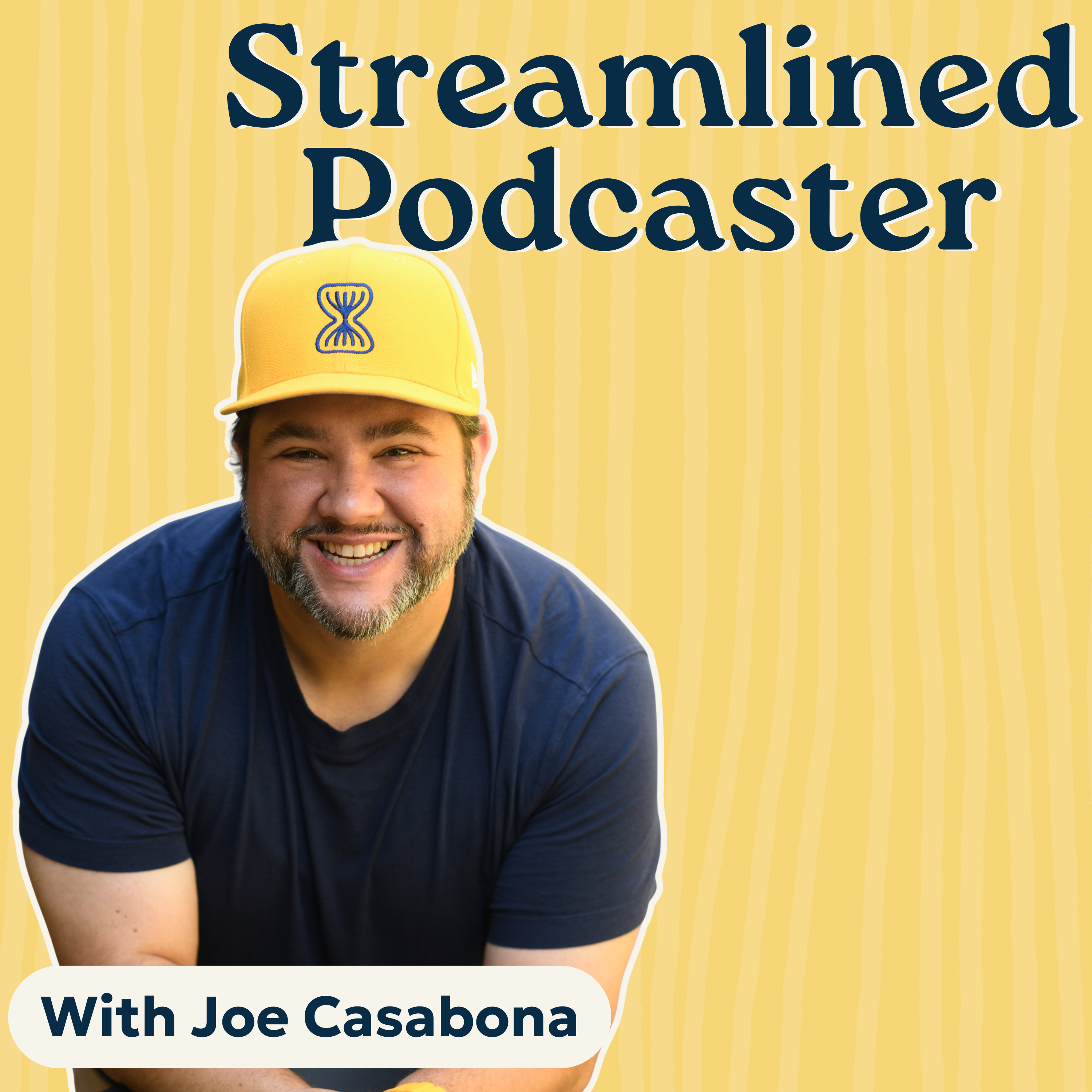
Podcasting Made Simple
Podcasting Made Simple is the premier podcast about podcasting! We’re here to help podcast guests and podcast hosts reach more listeners and grow their income so they can change more lives! Join Alex Sanfilippo and other podcasting industry experts as they share how you can level up on either side of the mic! (Show notes and resources: https://PodMatch.com/episodes)
Podcasting Made Simple
Podcast Guesting for Business Growth | Chris Williams
Gaining exposure for your brand and business can be overwhelming in today's noisy world. Thankfully, there is one medium that develops "know, like, and trust" faster than any other. In this episode, Chris Williams explains how to leverage podcast guesting to grow your business and position yourself as an industry expert. Get ready to revolutionize your podcasting game and take your business to the next level with these game-changing strategies!
MORE FROM THIS EPISODE: HTTPS://PODMATCH.COM/EP/283
Chapters
00:00 The Importance of Strategy in Podcasting
01:29 Positioning Yourself Well During Podcast Guest Appearances
04:21 The Power of Post-Interview Follow-Up
05:16 Staying Organized and Nurturing Relationships
08:30 Identifying Opportunities for Joint Ventures and Partnerships
Takeaways
- Podcasting does not automatically lead to money, clients, or opportunities. A clear strategy is necessary to achieve desired outcomes.
- Position yourself well during podcast guest appearances by prioritizing the host and encouraging the audience to engage with them.
- Create a memorable experience by delivering aha moments that resonate with the audience and demonstrate your expertise.
- Follow up with the host after the interview, sending a relevant and co-branded gift to strengthen the relationship.
- Stay organized and nurture relationships over time using a CRM to manage and track connections.
- Identify opportunities for joint ventures and partnerships by finding complementary products or services in your network.
MORE FROM THIS EPISODE: HTTPS://PODMATCH.COM/EP/283
You're listening to Podcasting Made Simple. Well, let's just dive straight in. Here's the thing I learned and it was the hard lesson in podcasting. Podcasting does not make you money, does not get you clients, does not get you opportunity just because you show up as a guest or even have your own podcast. It just doesn't work that way. There has to be a clear strategy for why it works and what outcome you want. So if you're wanting clients connections, JV partnerships, more opportunities, bigger stage to speak on, book deals, all that stuff. So you can share your expertise and be known as an expert in your space. This is the strategy that we use and have used for several years and it crushes. Okay. Most of the podcasting I do is as a podcast guest. We have our own show and we do have people on that show. It's very specific. We teach people how to build high ticket masterminds in group coaching programs at group coach nation. So my host guest opportunities as a host. The people I have on as guests are people who have scaled up group coaching or mastermind programs. We interview and break the codes down and talk about that constantly, right? That's my guest set. I show up most of the time though, as a guest, sharing my expertise on other people's platforms for their audiences. Here's why it works. It works because we have a strategy. So I'm going to break down four key things that make our strategy work. Anybody can do this. It's not that difficult, but growth can happen. be strategic, do the work on this stuff. It's going to take you a little bit of work, but once you get it figured out, you'd be like, oh my gosh, it's so much easier. I actually get results. All right. Number one we're going to go through here is positioning yourself well during the show. Okay. So let's say you're on the show, you've got the gig, you're going to be there as a guest. Here's my number one priority on the show. I'm going to give you two or three priorities for the show that you need to be aware of positioning wise. My number one priority is to encourage that audience to listen to the host. that's hosting me. You're showing up and I'm showing up in somebody else's party. It's like somebody else's dinner party at their house. I'm not there to make myself look awesome. I'm there to thank the host. The host is the one who's doing all the work. Everybody at the party is there for the host. We're all there because we've gotten to know that person. So if they're listening to you as a guest on someone's show, think about it. They're really listening to that show probably in a cycle or a series. They just hit play on the next episode. They probably didn't find the show because you were the guest. All right. Every now and then that happens if somebody Google's your name or your topic, but usually it's the next thing in the sequence. So that is really important to recognize. Remember, encourage the people that are listening to love, to like, to comment, to review, to leave a five star review, to share that episode and share all the shows and episodes that this person does because they're awesome. I frequently say things like, Hey, if you're listening to this show right now, you know who your expert is. Lean into that person, get your questions answered. He or she is super amazing at this thing. Like here's what you need to grasp and what you need to lean in on. Here's why I do that. Number one, because it's accurate. All right. Number two, because if they reach out to that show host and say, hey, I heard you had Chris on the show and he was talking about this whole building a scalable coaching program thing. Is that real? Was Chris a good guy? Like I want them to reach out to that person and get a referral going. I want that connection, that trust handed off to me. My primary goal. is to really encourage people to reach out to that host. That's number one. Number two, it's to actually deliver a real aha moment. One or two real aha moments while I'm on that show. Now, here's the thing about aha moments. They don't come because you show someone how to do something. That's what you sell. Be careful there. Don't do that. An aha moment comes when audience member or the host, All of a sudden is like, Oh my gosh, you're talking to me. You get me. Like, this is the thing I'm trying to solve. You understand it. Like you've clearly articulated it. That is the thing I got a freaking fix. When that shows up, you get clients. Okay. So my job as a guest is to encourage people to just love and listen to and lean in on the host. My next job is to create an aha moment where that audience, where that host, hopefully both will say, Oh my gosh, I get it. You finally. I hear somebody who's recognizing my problem. You understand it. That's what I got to work on. That's all you got to do. You can't educate them enough to change their life. Whatever it is that you're an expert in, you can't change an audience's life in the 20, 30 minutes, hour, whatever the podcast episode is. That's not how it works. You're going to change their life by them becoming a client, right? It's got to take time, but you can give them an aha moment where they get clarity and they realize this is the problem. This is the thing. I know what I got to do next, which is take action. on what they've just figured out. This is my place in light. This is my problem. I know who the solution provider is and I know I got to do something. That's what they have to walk away with. Make sure your message is around that. Number three, just from a positioning standpoint, be awesome, be kind, just be a giving person. All right? Don't give away the farm and all the secrets, but just be so gracious and kind. We all love people like that in our lives. Nobody likes it. No, it all jerk. And most of us as podcasters are really great people. And that's an awesome thing, but every now and then we have our own days where they're just not feeling great. Somebody left a nasty comment about us online, whatever, you know, we've all been there. We all feel that stuff. Got to leave that stuff at the door. Show up as an awesome person ready to really invest in their humans. Do that. You'll be positioned really well. Number two, post -interview follow -up. So you've made a great impression. The host now loves you because you just encourage their audience to love them. Right. You've given them major aha moments. You've brought real value and been an awesome person on this show. You got to have a follow up routine. We have a follow up routine that we do every time we're on a show. We actually send a gift. It's relevant. They co -brands their podcast and our podcast. There's so many ways to do that. You could send a cup. You could send a bottle. You could send a notepad. You could send toothbrushes. You could, I don't know, iPhone cases. There's so many things you can just go to Etsy. and look for cross branded or co -branded things, all right? Something that has two places for someone to put a name on or a logo on. But something where you can say, here's where my brand and your brand are together. We made something awesome happen together. I love seeing that kind of stuff. It's not just a bottle or a coaster or a notepad or an iPad cover with your brand because I don't care about your brand. I'm a selfish human, right? My brand, my colors, my name, those are the most beautiful sounds to me. Understand that about humans. That's not a bad thing. It's just how we're wired. So send them something with their brand, their logo, their stuff on there and make sure it's co -branded with yours. Cause it was a fun day, fun partnership. Make it a five, $10 gift, not a big deal, but say thank you. Keep it where it's relevant. Ideally, your gift, your follow -up is not just an email or a text. Ideally, it's something they will keep in their studio or on their desk. Okay. Even better than, I mean, people send me Yeti cups and all kinds of cool things, right? That's awesome, but they don't need to spend 50 bucks on me. The Yeti ends up going in the cabinet and it gets used by me and everybody else in our home. Here's what works for me. People send me stuff that stays on my desk. Right over here, I have a little square four inch by four inch box that I keep like a couple of pins in. I keep some like... caffeine pills in there, I got a candy, bought like a snack protein bar in there. It's so useful for my studio desk and it's co -branded with my brand and somebody else's podcast on there. Somebody sent that to me. It stays on the desk, which means their brand stays in front of me and I kept it on my desk because my brand is on there. See how I'm going at? Find something you can send and send a quick thank you. We just send a quick email. Oh my gosh, thanks for having me on your show. It was a privilege. I got something I want to pop in the mail to you, but I need to get a good high resolution version of your logo. I'll get that done. I'll send it right out to you. They send a logo right back. Then we're their team member. And all of a sudden we're making magic. Nothing wrong with this quick email, nothing wrong with quick text, but make sure it's relevant and real and something that will stick. That's important. Really important. Okay. That's number two. Number one, that positioning while you're on the call on the podcast that we talked about. Number two, some sort of follow up that sticky that will stay on the office or studio space. Cause you want to make that relationship happen. Number three, you gotta decide where you want this relationship to go. All right. You might get some clients from the audience, but you'll also have an enormous chance to have a bigger impact. Long -term. The real deal is the relationships you make along the way. So that podcast host is key. That's why I want to send them a gift. That's why I also want to jump in there and make sure that I'm following up and deciding. How do I want to fall with this person? So I'm looking for several key things when I'm on a show with another host. We've done a little bit of work. My team arrived, done a little bit of research, a little bit of stocking out there. Is there audience and audience that we should be doing some kind of joint venture on? Do they have a complimentary product or service to mind? So again, we teach experts how to build those high ticket group coaching programs and masterminds. We don't teach how to do high ticket sales. Yes, we talk about that in our program, but that's not what our program sells. So. I love talking to people who have high ticket sales programs because I need to hand my clients to them. Okay, you got your first couple of clients with us. We showed you how to build that big offer that's scalable, but you want to sell like a hundred of them. You need a sales team, right? I need somebody like that who I hand off to. So I'm constantly looking for who are those services, right? For instance, people who teach people how to do their first, like one -on -one coaching gigs, leave corporate, start your coaching company, whatever. I don't do that. I don't teach people how to do one -on-one coaching. I teach people how to build scalable stuff. So they're the person I want to talk to that hands me business. We taught them how to build one -on -one coaching programs. Now I can help with skill. Look for those things in your ecosystem. Who's right before you and who's right after you? What do your clients need before and after your service? Don't be all things to all people. Be very focused, stay in your lane, and you'll make a really cool relationship. So I'm looking for, when I'm on a podcast, is this host someone who has an audience just before my product or service is relevant or just after? my product or service is relevant. That way I can make those connections say, hey, we should do some sort of JV partnership. We should share stages more often. We should keep influencing each other's audiences. It's a great match. I'm looking for JVs, looking for audience and podcast potential. If they know somebody that I want to know, they have connection to another show or stage I should be on, I'm absolutely going to follow up on that. And I put a little note in their contact record. I'm looking for who knows the next person I should know. If they need to be a client, the host, if the host needs to be a client of mine. I follow up with that. Like I'm looking for what is that host connection, client connection going to look like? That's a really important piece too. There's so many things that relationally need to happen that need to stay together to make sure that you are following up with not just, oh, I did a podcast today, but I did a podcast. It had a purpose and I know where this relationship is going. So number one, let's review real quick. Number one, we got to position ourselves well on that show, right? Got to actually encourage people to love and like the host. We got to make sure we're actually giving some aha moment. We have to be an awesome person. Number two, post interview follow -up. Send them something that's sticky, they'll stay with them, that's co -branded if you can. Number three, how are we going to sort those people out? What are the opportunities that we're going to put them in? All right. Number four, staying organized. This is so critical. So you jump on a bunch of podcasts. Let's say you're on 20 a year or a hundred a year, or you've got a whole bunch of other people in your network and you're trying to figure out how to stay organized. It's the same principle either way. Get a CRM. We use high level. All right. Go high level. Right. There's tons of great CRMs out there. Get a CRM, some kind of client resource management thing where you can keep names and records and you can identify them as here's podcast hosts that I've been with and been on their shows and they've been on my show, whatever. However you want to categorize your relationships, have categories of relationships. But here's the most important thing. Those relationships all fall into some sort of funnel. We'll call it, right? It's not a marketing funnel, but It kind of functions the same way. Every relationship you have in life is in some sort of funnel or they've been pushed to the side. Okay. You got an email list, you clean your email list off. Those people have been pushed to the side, so to speak. Again, nothing wrong with that. It's just business, but the people are still on your email list. They're in some sort of phone, right? To buy something or to be nurtured in some way. I have multiple funnels that we function in constantly. My team and I really simple. We have a funnel that's like. Here's for people that would be JV potentials for us with joint ventures, partnerships, whatever. Here's people that we should share stages with. Here's people that should become clients. All that kind of stuff. Like you got your different funnels and you just identify this person's on this track. They are a joint venture partnership track. Then I'm going to start, I've sent them some sort of gift. I'm going to reach out to them in a few weeks. There's different touch points that we go through as a team to just stay organized. You can do it yourself, or you can have a team member do this. And hey, two weeks after the gift is sent, check in with them to make sure they got it and they love it and ask them for, Hey, would you take a quick picture of that? I just want to make sure it looked awesome when you got it. They'll take a picture of them holding the thing up and smiling, right? It's going to be great. You're going to build a little relationship. Have some fun with that. Say it was so great to be on your show. Hey, we'd love to have you on our show. Or how can I thank you for the time? Or is there something I can do or send you just free training that would be helpful for you as you're figuring out your business model? Would you like to jump on a free call like with me and I'll just break the code down for something you're working on. I got my expertise. You got yours. How can I help? Just give me ideas here. Give some reason for you to continue that relationship so you can continue it going forward and talk about, Hey, this is awesome. We should do a joint venture thing together. Or, Oh my gosh, we should work together. Or, Oh my gosh, like I would love to help your friend with their show as well. How can I make that happen? There's lots of reasons, but the thing is we don't treat our business relationships often like we treat our personal relationships. So when you're getting to know a friend, like out at a party or at a bar or in your neighbor's backyard, you know, barbecue pool party, whatever. You don't just walk in and say, here's what I do. Would you like to buy it from me? We all know those people, right? Who show up at the backyard party with their business cards. No, that's not us. Here's the thing. The real relationships that work and become valuable for everybody involved are the ones that are nurtured over time. That does not mean years. It just means time. Time comes in segments. All right, years, it just takes multiple segments. If it's days to build a relationship, it takes multiple segments. If you're in a dating relationship and oh my gosh, the connection is there and you like see each other every day or every other day for like a week because your friends are doing stuff together, all of a sudden that relationship moves fairly quickly. It could take months for that same relationship to develop the same way though. Time is really segmented by connection points. So create logical and real relational connection points. that you can help these people in those funnels go through and keep those organized. It's just relationships. Okay. It's not rocket science. So make those connections and stay organized. Sometimes when we think organized relationships, it gets weird. Take your brain out from organization for a second, take a piece of paper out and say, here's how this relationship that's become really valuable to me has developed. Like look at a couple of relationships you already have. Join Ventures, podcast hosts or guests. clients, whatever. And write down, here's how we met. Here's what happened next. Here's what happened next. Forget how long it took between sets. Just here's what happened. And you can recreate that and stay organized by putting in a good CRM. And even if it's not automated like emails or texts, just having reminders pop up for you or your team member. Hey, it's been two weeks. I'm supposed to check in and ask how'd the gift go? Whatever. How can I help? Let's jump on a call. Whatever the next step is. Okay. That's it. Techniques for positioning. We've got to have the positioning right on the show. We've got to have a post -interview follow-up. Then you have to sort how these relationships work, which way should they go, and then stay organized. You can do this. All right. You can so do this. There's so many great people who help with CRMs, lean into those people. Tons of people online, Etsy, whatever, that can just help you with gift ideas. And then you have to think through how are you going to strategically work individual people that you talk to into different kinds of funnels. And it is your primary job to start the right way and to be an awesome person on a show. Hope this helps. Looking forward to answering any questions you got, as always. Great to be here. Again, thank you PodTalks for putting this together. This is truly a treat. For more episodes, please visit podmatch.com forward slash episodes. Thank you so much for listening.
Podcasts we love
Check out these other fine podcasts recommended by us, not an algorithm.

Content Is Profit
BIZBROS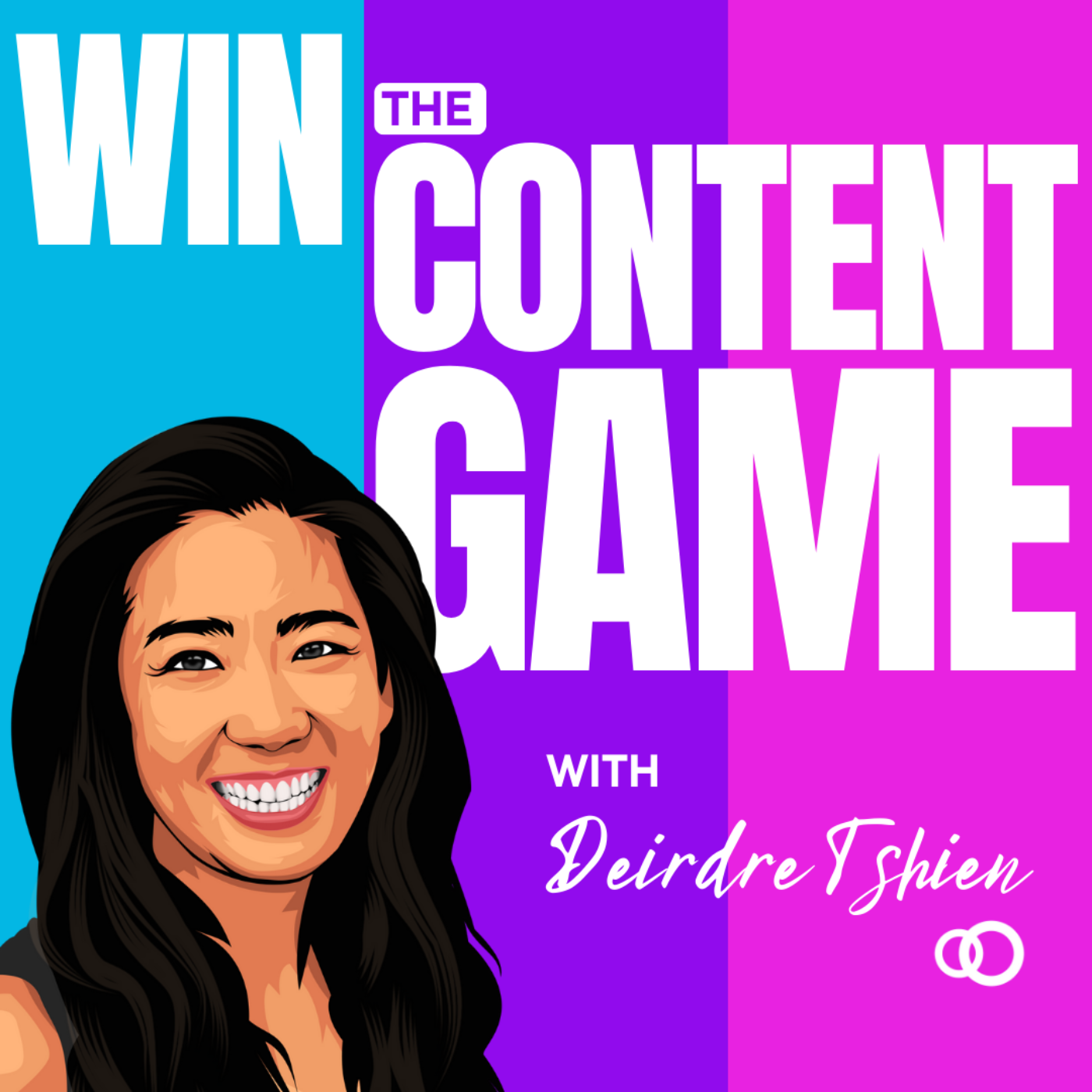
Win The Content Game
Deirdre Tshien - CEO & co-founder of Capsho, AI-powered Content Marketer (the fastest way to repurpose and market your expert content)
Fastlane Founders and Legacy with Jason Barnard: Personal Branding, AI Strategies, and SEO Insights
Jason Barnard Entrepreneur and CEO of Kalicube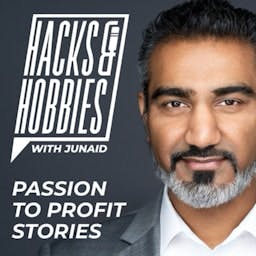
Hacks and Hobbies with Junaid Ahmed
Junaid Ahmed
I Have A Podcast by Vinnie Potestivo
Vinnie Potestivo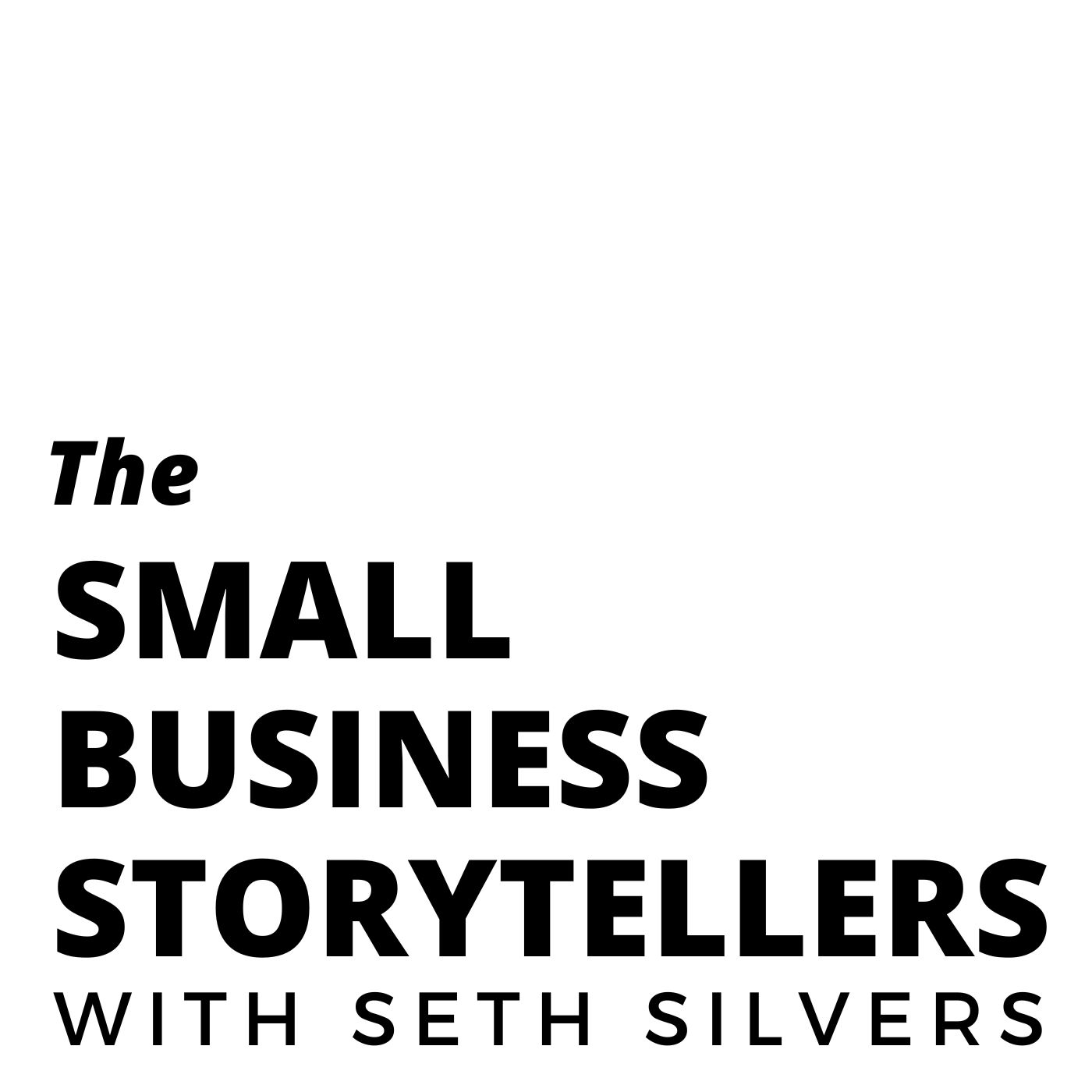
The Small Business Storytellers with Seth Silvers
Seth Silvers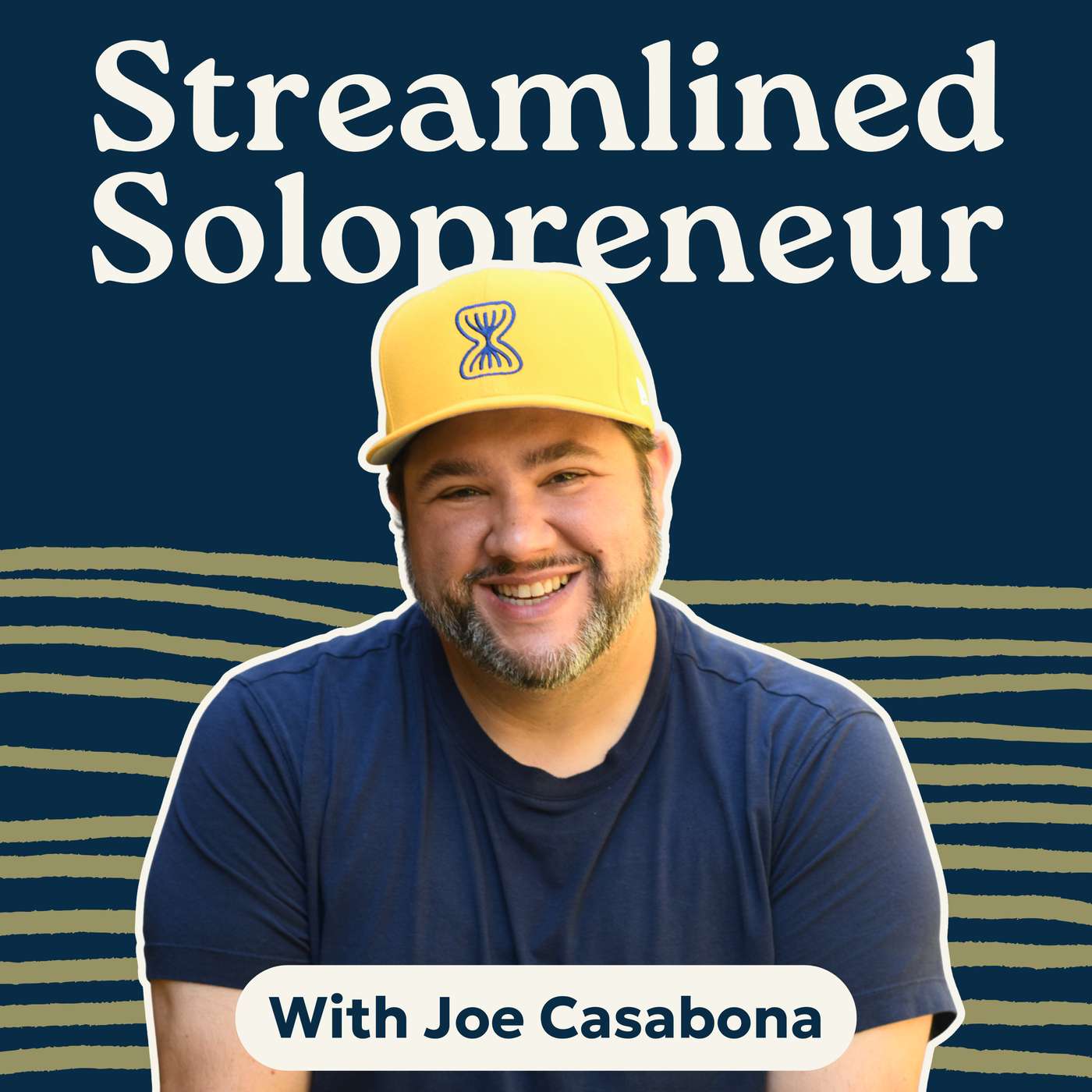
Streamlined Solopreneur: Tips to Help Small Business Owners Grow Without Burnout
Joe Casabona, Business Systems Coach
Insider Secrets to a Top 100 Podcast with Courtney Elmer | Podcasting Strategy for Business Growth
Courtney Elmer | PodLaunchHQ.comDo The Thing
Stacey Lauren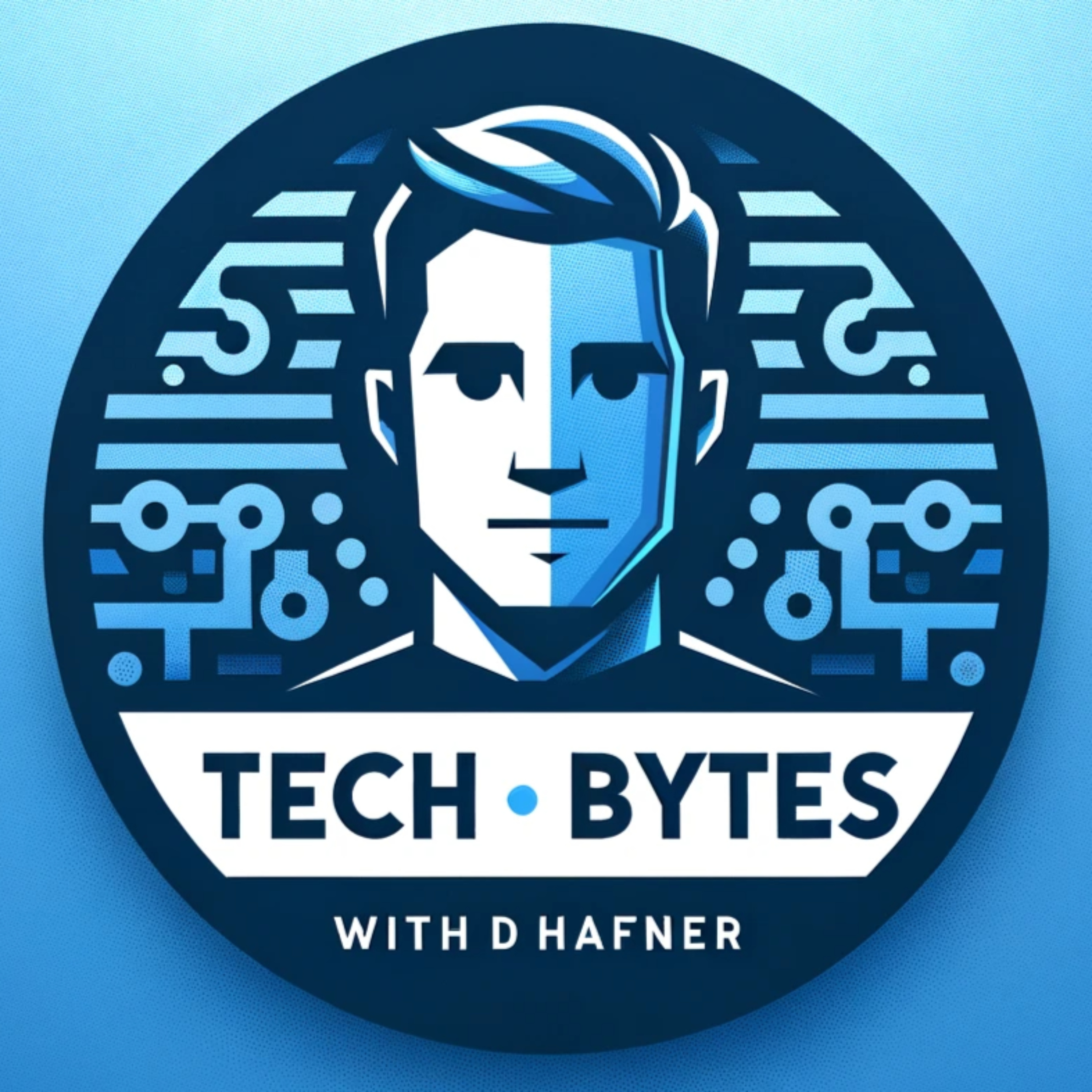
Tech Bytes - Software Growth & Strategies
Dan Hafner - No-Code Software Expert

